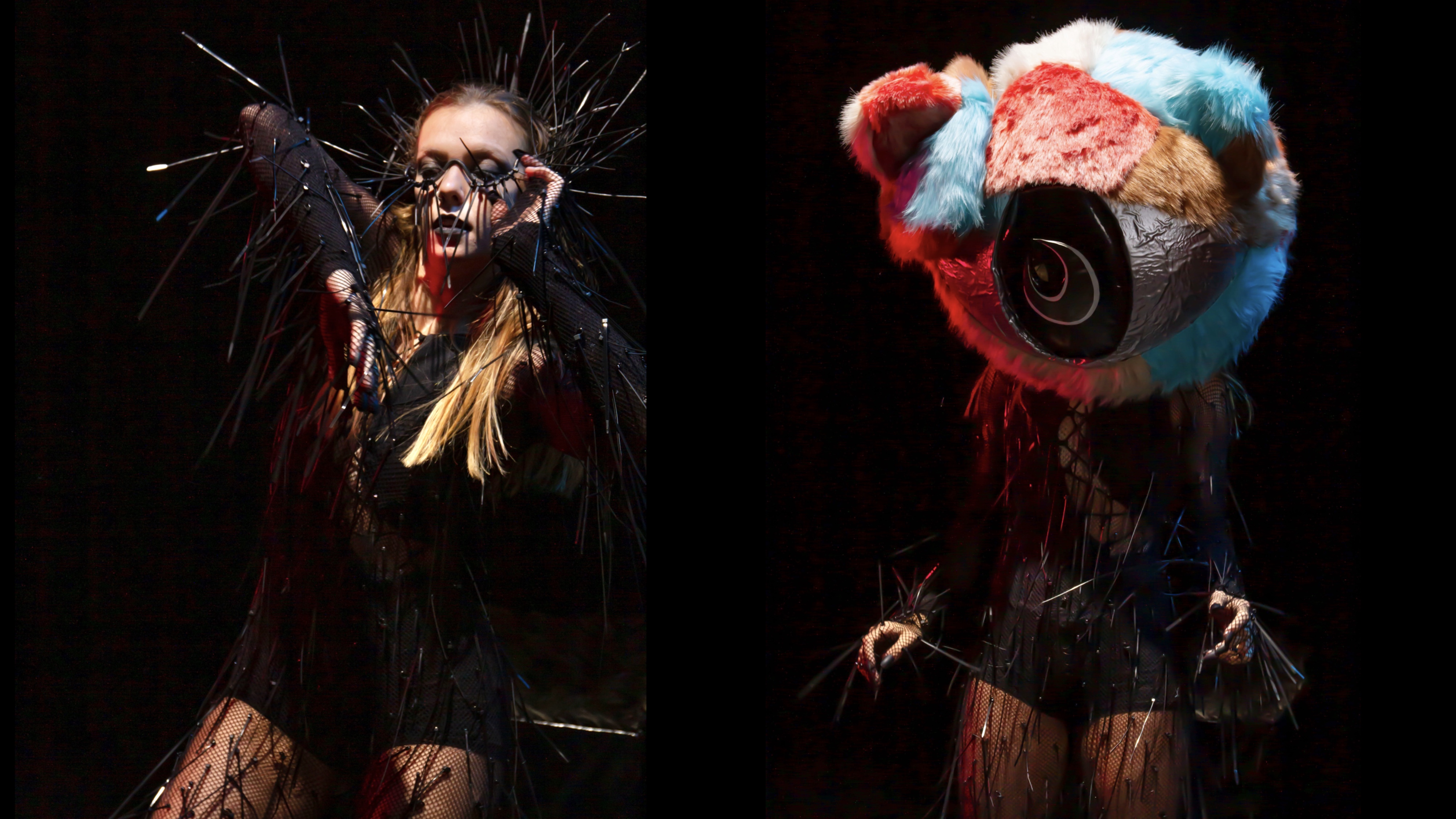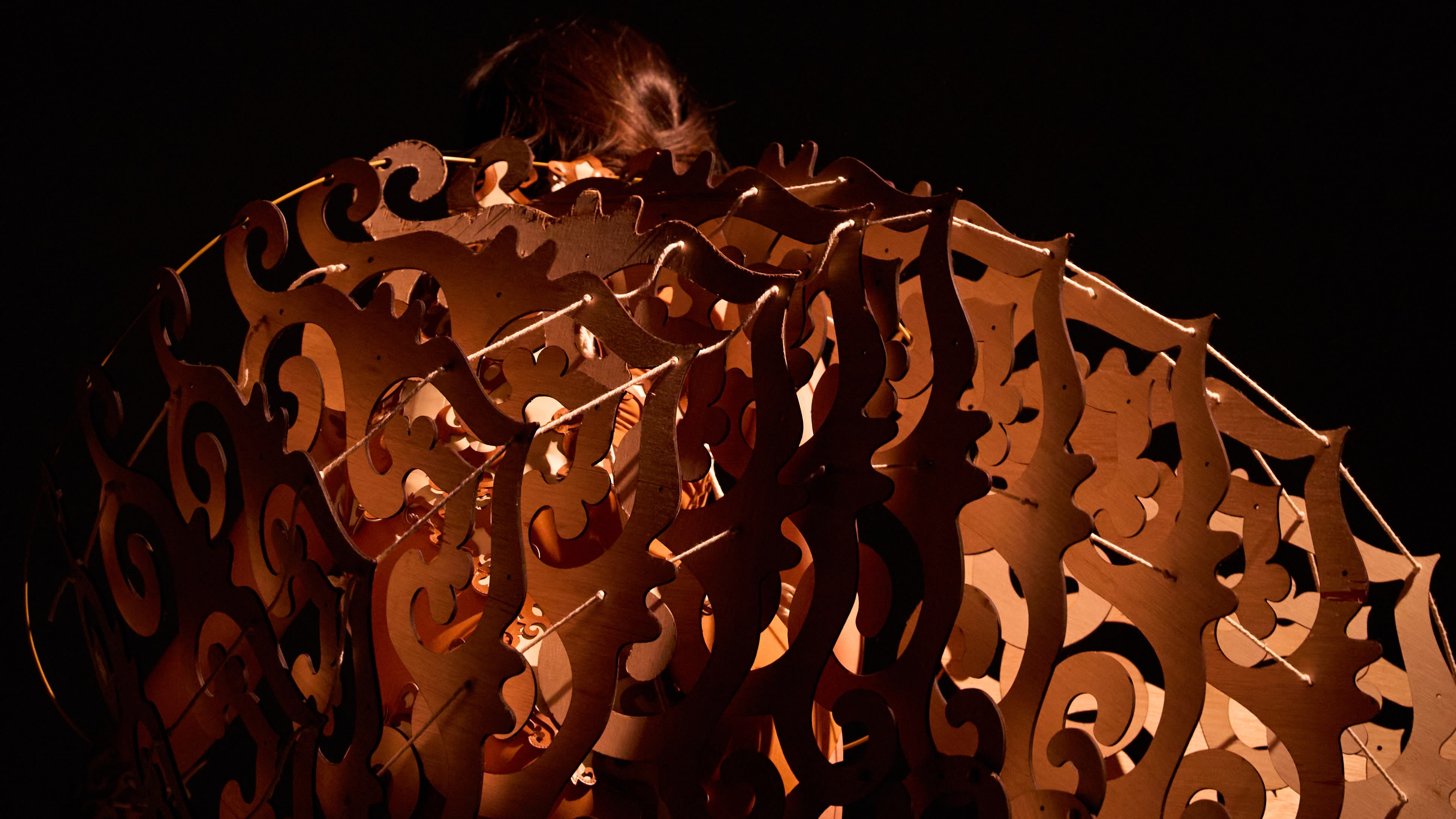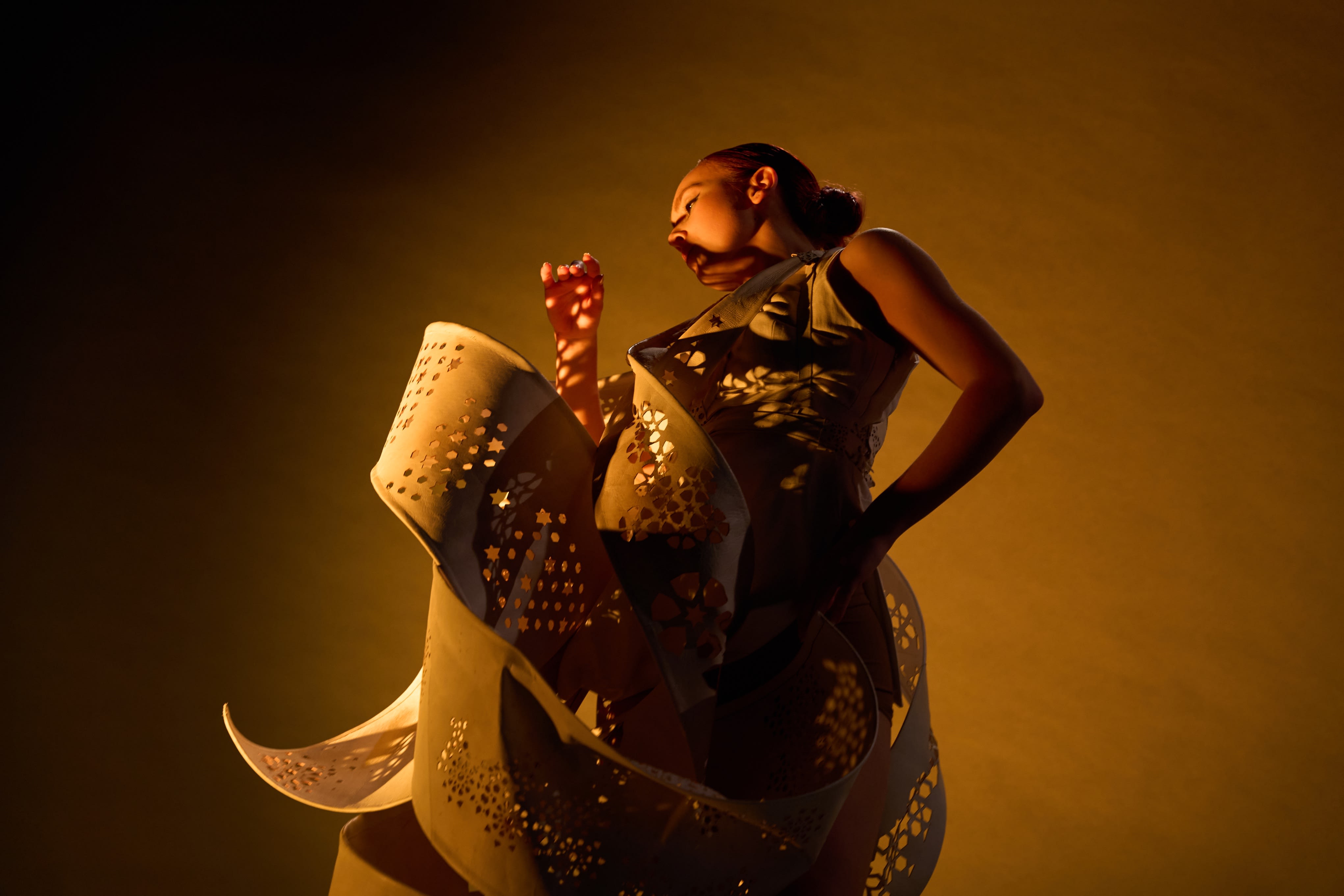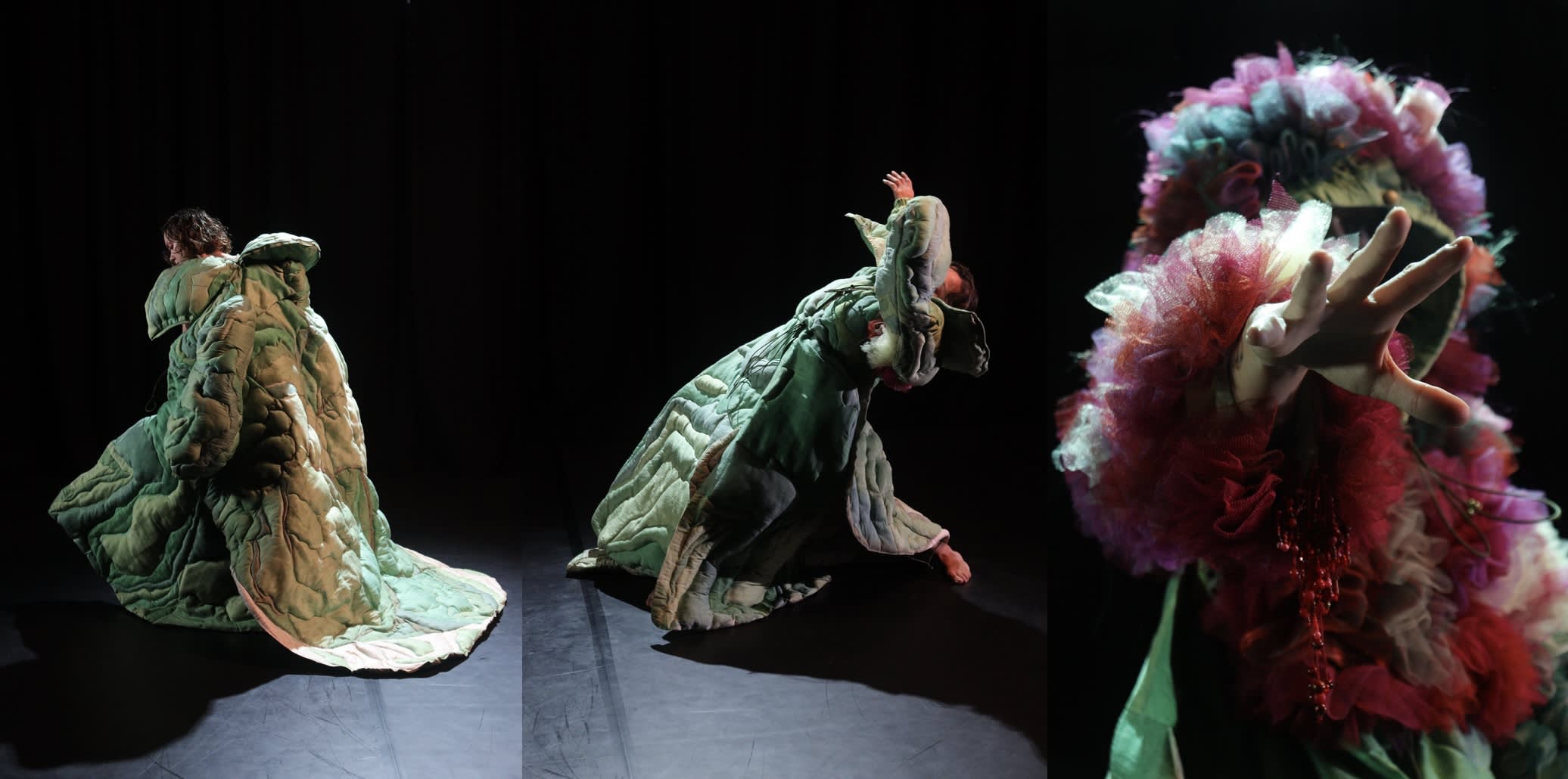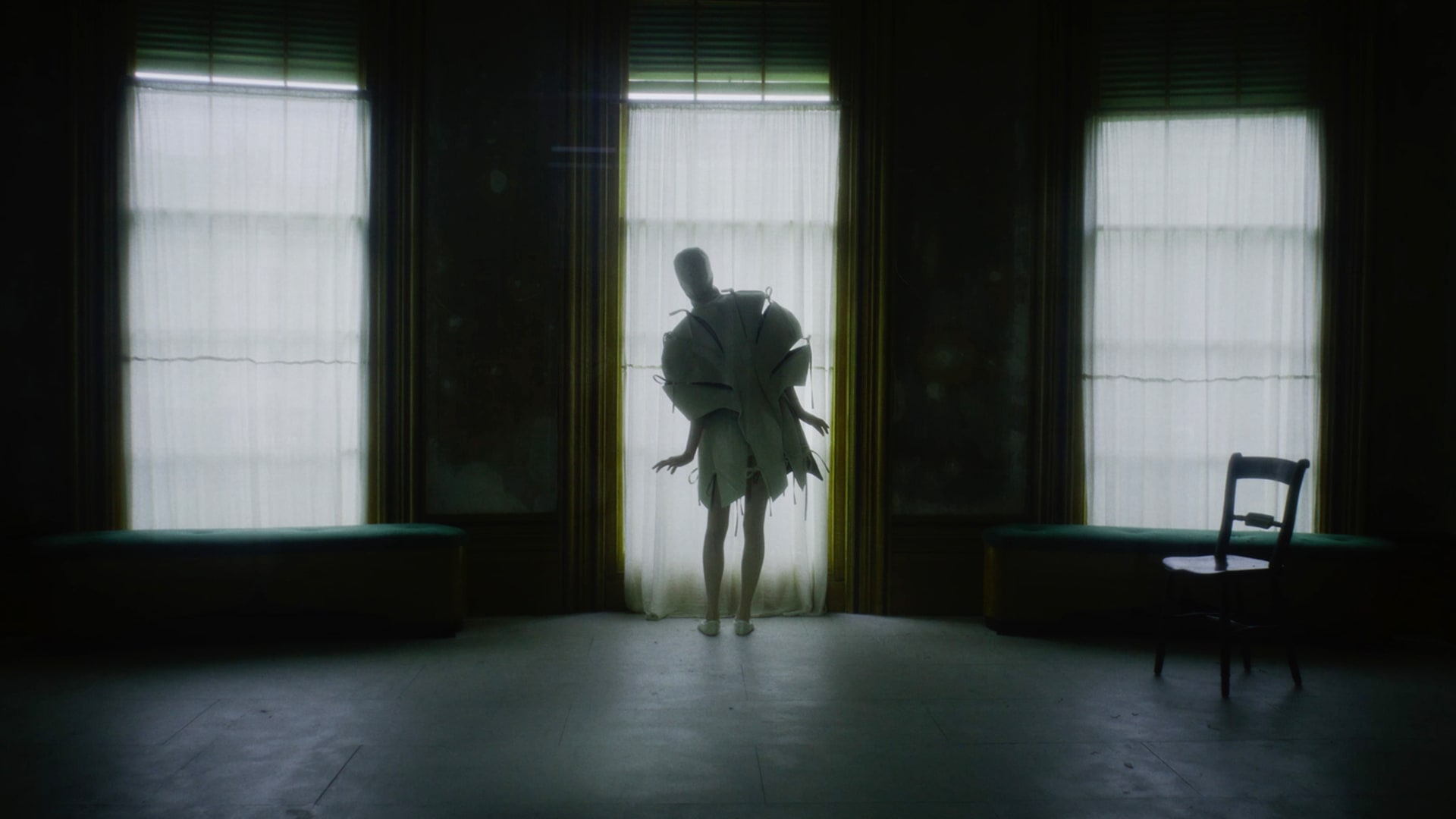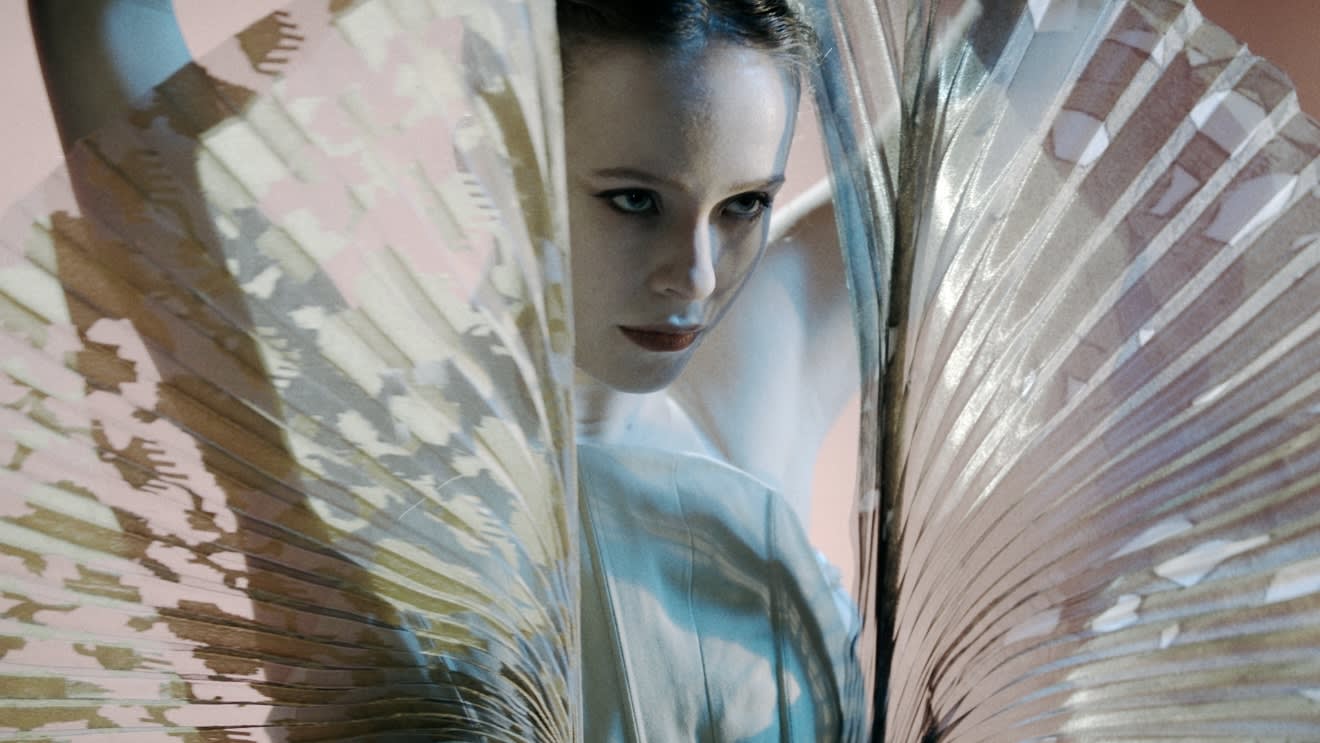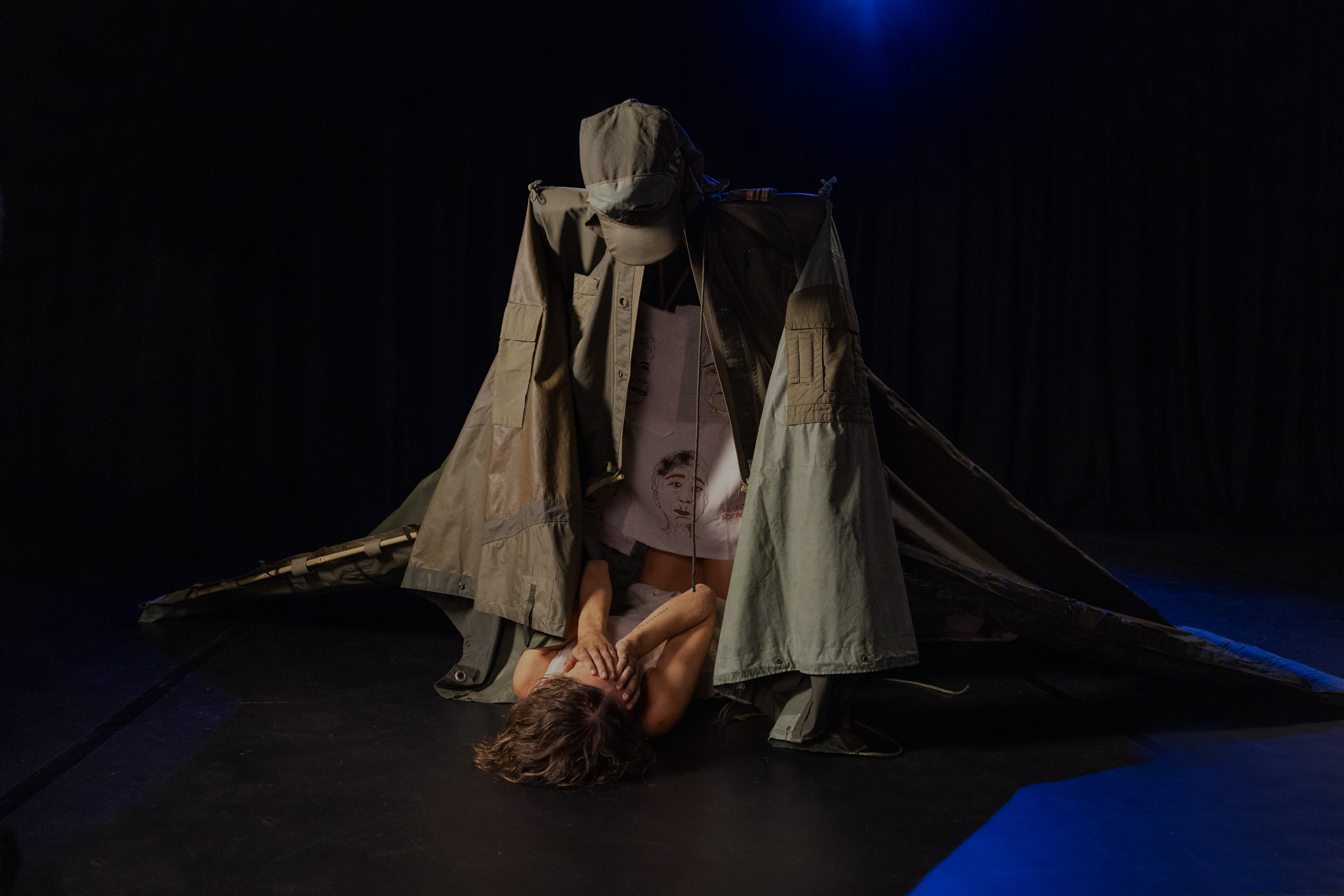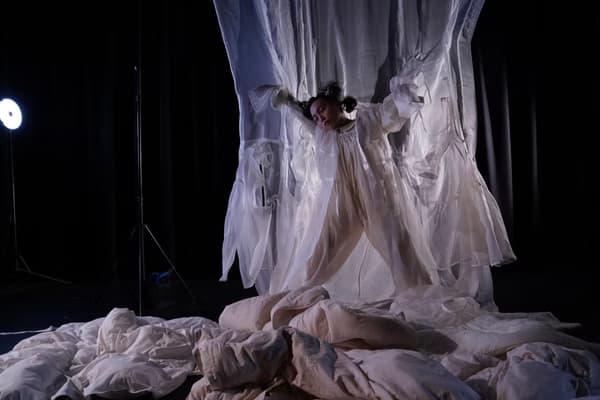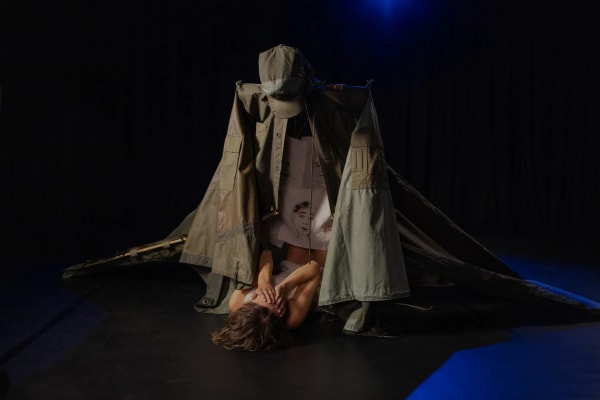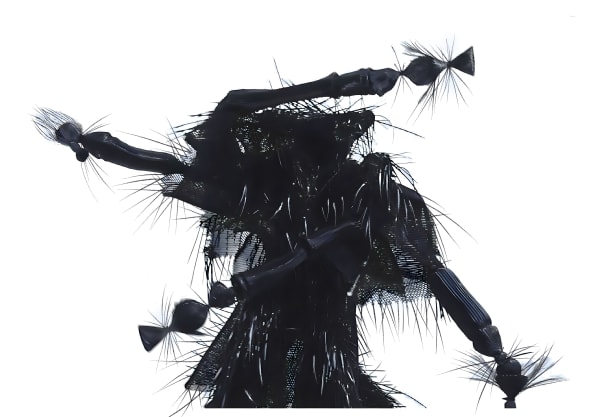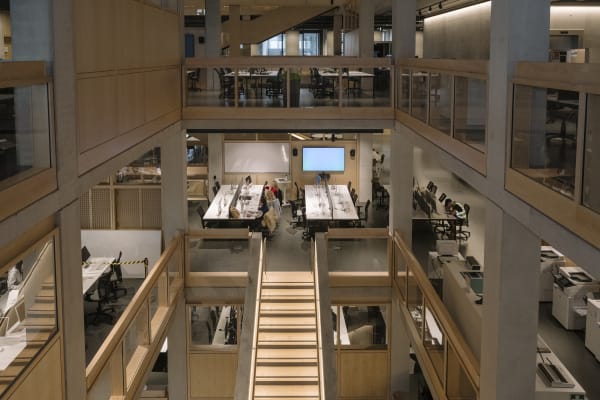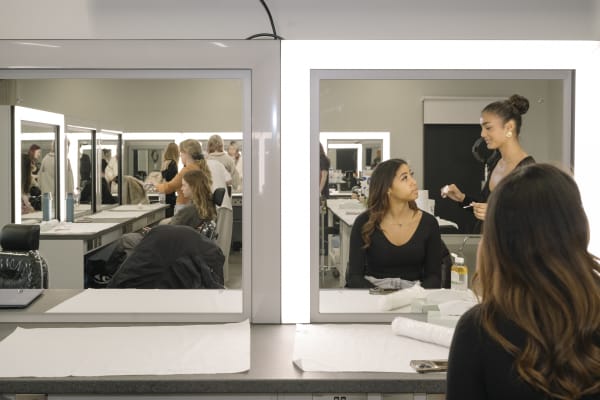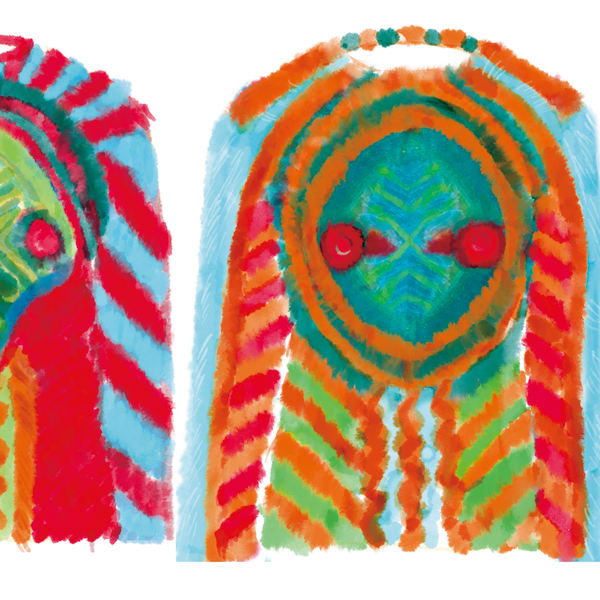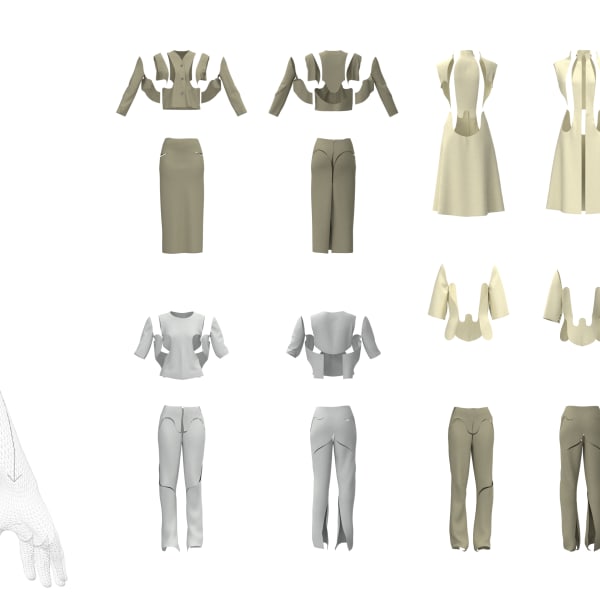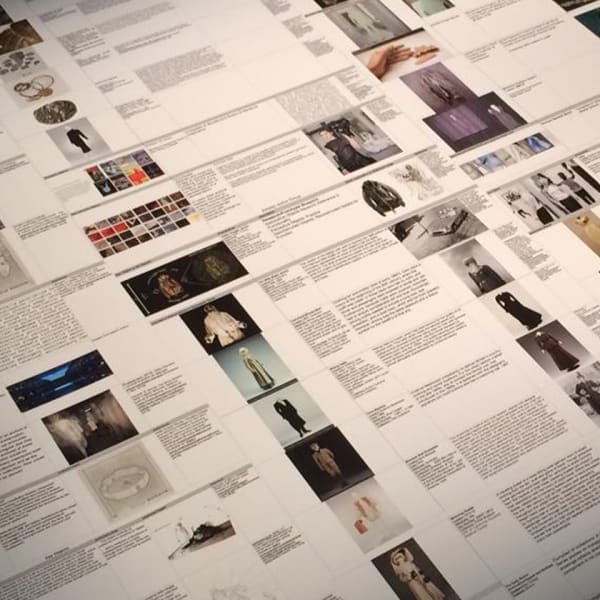Course units
Elective Units
Students will have the opportunity to participate in an elective unit as part of this course. This is an opportunity for students to collaborate with students from other courses within the college.
The following is an example list of electives that have been previously delivered:
- Creative Decision Making for Fashion Enterprise
- Cultural Programming
- Fashion Politics and Cultures
- Fashion Practices for Social Change
- Fashion Together: Collaboration for Innovation
Please note:
- Elective unit titles and details of the unit may change year to year
- Elective units offered may change year to year, that is, unit listed above may or may not be offered in subsequent years
- Students participate in a bidding process for choosing electives and participation in any particular elective is not guaranteed
Course Structure:
Block 1: EXPLORE - seeks to support students to make the transition to postgraduate level study through the following units:
- Costume for Performance (40 credits)
You will be introduced to the principles of costume for performance and the narrative agency of costume as a conveyor of meaning in live performance. Learn advanced theoretical and practical tools for live performance creation through the medium of costume, the moving body and materiality. Focusing on character, you’ll experiment and innovate to develop your own concept and costume narratives, exploring possibilities for interaction, movement and storytelling.
- Costume in Context (20 credits)
Understand costume design interactions as a driving force in performance creation. You’ll explore how costume has been utilised to highlight, provoke and draw attention to individual and broader global issues, for example: climate change, social and racial justice. The aim is to identify your own interests in those wider issues and how these can be explored with costume for performance whilst developing your understanding of the industry to help define your future career aspirations.
On successful completion of these units you are eligible for the award of a Post Graduate Certificate (60 credits)
Block 2: SITUATE - expresses the shift from orientation and exploration of the discipline to a position of affirming your own interests and specific direction, within the context of your discipline and beyond, through the following units:
- Costume for Screen (40 credits)
You will develop and create an original costume-based performance concept for film or digital media. You will undertake advanced costume realisation techniques with an emphasis on detail and materials viewed close-up. You’ll be introduced to a range of digital production methods, (such as wearable tech, 3D printing, laser cutting, photogrammetry and motion capture) and learn about the differences between analogue digital and hybrid screen content production methods including lighting, sound, editing and post production.
- Electives (20 credits)
On successful completion of these units you are eligible for the award of a Post Graduate Diploma (120 credits).
Block 3: INTEGRATE - seeks to express the principle of a culmination of theory and practice acquired throughout Block 1 and 2 which is expressed through the Master’s Project, working towards innovation and future practice beyond the course.
- Master’s Project (60 credits)
Synthesise the knowledge and skills you have gained on the course with a self-directed project chosen with support from your supervisor. You’ll communicate your work along with your ability to critically interrogate your practice with robust approaches to research and analysis. Upon completion, you will have generated a quality piece of work to shape your future career and professional development. You will be eligible for the award of a Master’s of Art (180 credits). The final award grading is based upon the results of the Master’s Project only.
Credit Framework
The University of the Arts London Credit Framework equates 20 credits to 200 hours of learning time.
